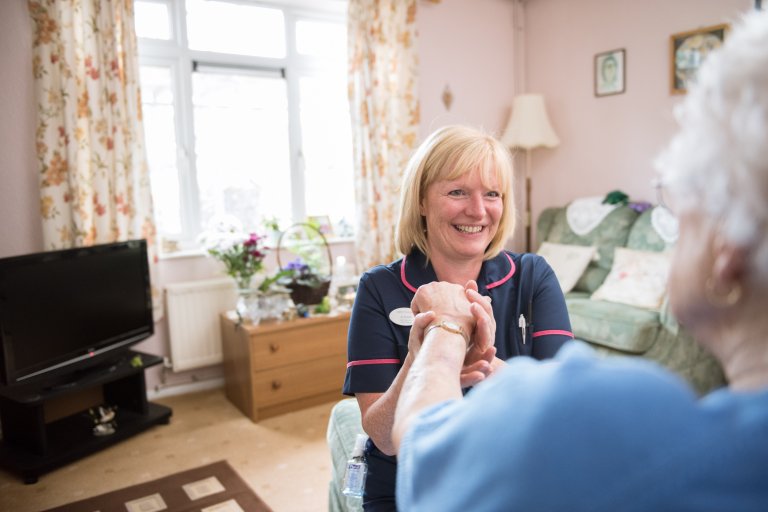Anne Bentley is the pharmacist representative on the BGS Community and Primary Care Group and Chair of the BGS Pharmacy Professionals Group. Her background includes medicines optimisation, postgraduate course lead and NICE Guideline development. Her interests include person-centred care, review of inappropriate drug burden and reducing medicines risks in frailty. She is currently employed as Lead Pharmacist, Telemedicine Digital Care Hub which is located at Airedale NHS Foundation Trust.
This weekend I visited an older relative. She told me her cardiologist and GP are “worried about her aorta” and trying to get her blood pressure below 110/70mmHg. To achieve this, she has been prescribed (and stopped taking) combinations of six different antihypertensives. She has fallen four times in the past 3 months. With each prescription change and associated fall, the therapeutic relationship has become weaker till she “doesn’t know what to tell them”. She is an intelligent 82-year-old lady who is managing at home (vulnerable Clinical Frailty Scale) and values her independence, privacy and “feeling herself” above all other things. She is also one of the 50% who don’t take their medicines as prescribed.
What is the role of the clinician when prescribing for someone living with frailty and comorbidity? Is it to manage conditions against targets or to communicate clinical knowledge to help a vulnerable person navigate through possible treatments, to understand competing risks and agree what they may accept to achieve their personal goals? To do the latter, we need excellent listening skills to explore what is important to the patient: to change focus from “what is wrong with you?” to “what matters to you?”. Increasing frailty brings unappetising choices when balancing the risks of under and over treatment. An example would be avoiding possible cardiovascular events in the future versus avoiding falls and maintaining independence now. Unlike patients, prescribers appear more concerned about the potential harm of stopping a medication than by the potential harm associated with continuing a medication. And what role do targets play? Optimal blood pressure targets in older adults are controversial. NICE advises clinical judgement should be used in frailty and multimorbidity and has set less stringent targets for blood pressure in older people. NICE encourages clinicians to individualise care and agree goals centred on patient priorities. The physiological changes in frailty significantly shift the balance from benefit to risk from prescribing. In a cohort of 85-year-olds followed for approximately 11 years, each additional prescribed medication was associated with a 3% increased risk of mortality.
My relative is more frightened by her falls and what this means for her life than anything else. So far, this fundamental fact has been missed and with it the chance to negotiate realistic goals of treatment. Let’s talk about what she fears. Falls are common and can be devastating. Falls are the number one reason for over 65s to attend Accident and Emergency, the most common cause of death from injury in the over 65s and the number one precipitating factor for a person losing independence and going into long term care. There can be many contributing factors to falls, some of which are outside clinician control. However falls in older people are often preventable. It is well recognised that certain medicines increase the risk that a patient will fall, meaning that medicines are a major and modifiable risk factor within the scope of prescribers to change. However, the contributory factor of medicines to falls is under-recognised by clinicians as is the impact of falls on patient behaviour. Medication review is effective in preventing fall-related injuries and should be triggered by a first and any subsequent fall. But medication review should not be a stand-alone activity! Review of the whole person, their level of frailty, comorbidities and personal goals should always be part of a holistic assessment which informs medication review. Big picture- we need to know what we are trying to achieve! A person is not a sum of their cardiovascular risks or blood pressure targets. How can we help clinicians become more skilful in understanding what matters to patients? How can we help frail patients with comorbidities make informed choices about managing the various risks they must live with?



